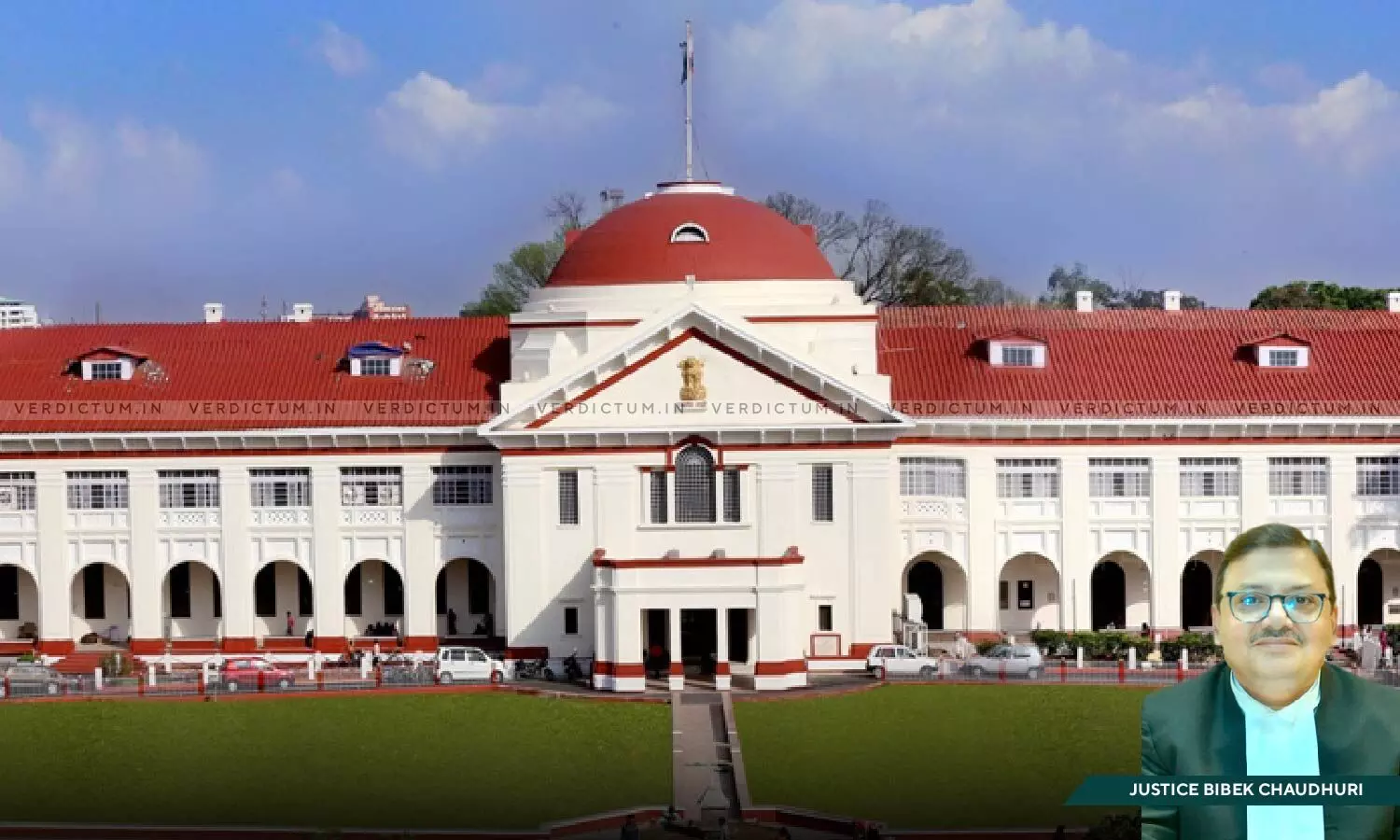
Suspicion Not Substitute For Legal Proof: Patna HC Directs Release Of Withheld Pension To Employee Accused Of Taking Illegal Gratification
 |
|The Patna High Court held that the suspicion or inference drawn by an Inquiry Officer, not supported by any evidence, cannot be a substitute for legal proof.
The Bench directed the Food & Consumer Protection Department (Department) to release the pension they withheld of an employee (petitioner) observing that the departmental proceedings initiated against him were based on no evidence and product of “surmises and conjectures” in violation of Rule 17 (3) read with Rule 17 (14) of the Bihar Government Servants (Classification, Control and Appeal) Rules, 2005 (CCA Rules).
A Single Bench of Justice Bibek Chaudhuri observed, “As the report of the Inquiry Officer was based on merely ipse dixit as also surmises and conjectures, the same could not have been sustained. The inference drawn by the Inquiry Officer apparently were not supported by any evidence. Suspicion, as is well known, however high may be, can under no circumstances be held to be a substitute for legal proof.”
Advocate Akhilesh Dutta Verma represented the petitioner, while S.C. Arvind Ujjwal appeared for the respondents.
The petitioner was working in the Department of Food and Consumer Protection. As per the petitioner, there was a false complaint registered against him alleging that he took “illegal gratification” to grant a licence.
Subsequently, in compliance with Rule 9(2) of the CCA Rules he was suspended in contemplation of the departmental proceedings. The petitioner was charged with departmental misconduct and was subsequently dismissed from service.
The petitioner again approached this Court with a prayer to stay the inquiry proceeding and direct the respondent authorities to release the entire salary with consequential benefits.
The High Court came to a finding that disciplinary proceeding against the petitioner was conducted without examining any witness in support of the charge. It was also observed that the decision of dismissal was not passed following the procedure laid down in Rule 17 of the CCA Rules.
The Court stated that “the instant departmental proceeding is held unsustainable as being based on no evidence and product of surmises and conjectures in violation of Rule 17 (3) read with Rule 17 (14) of the Bihar C.A.A. Rules, 2005.”
Since the order of the Disciplinary as well as Appellate Authority were not supported by any reason, the Bench stated that such orders had “severe civil consequences,” and should therefore have legally admissible evidence.
The Court remarked that “time and again without recording and considering any evidence, the Petitioner was first dismissed from service and subsequently when he attained the age of superannuation, 100 % of his pensionary benefits was forfeited.”
Consequently, the Court held, “Considering such view of the matter, this Court would, therefore, quash the orders of punishment of forfeiture of 100% pension of the Petitioner passed by the Disciplinary Authority.”
Accordingly, the High Court allowed the petition.
Cause Title: Umesh Kumar Sinha v. The State of Bihar & Ors.